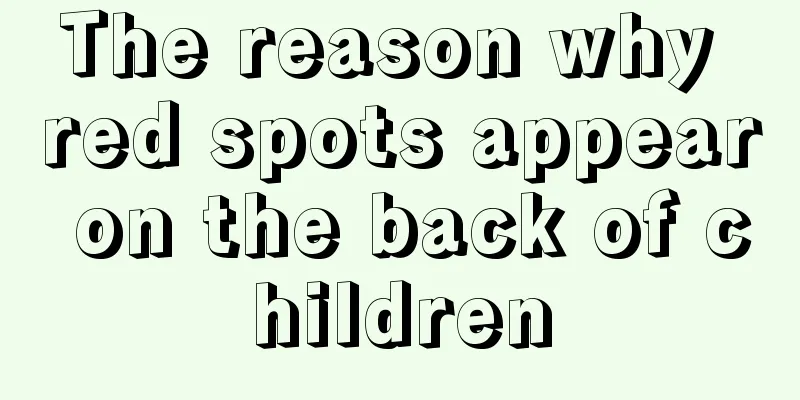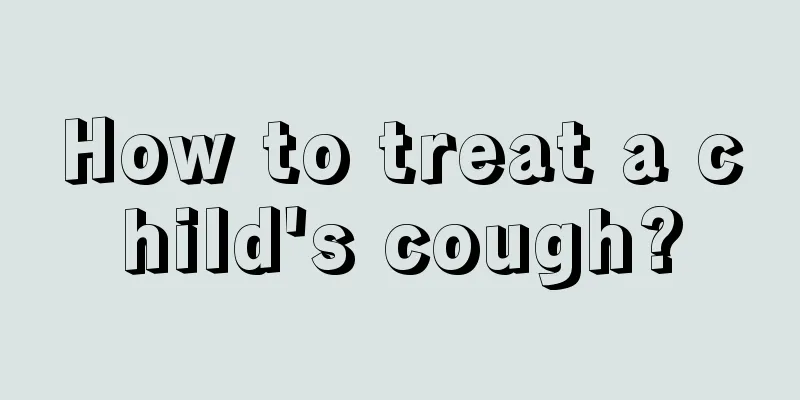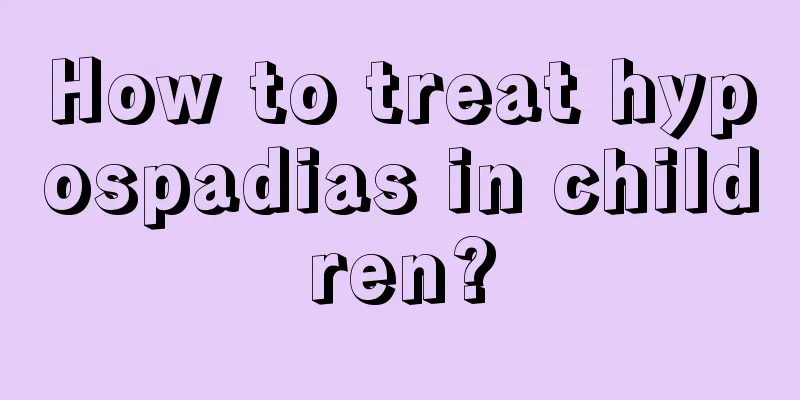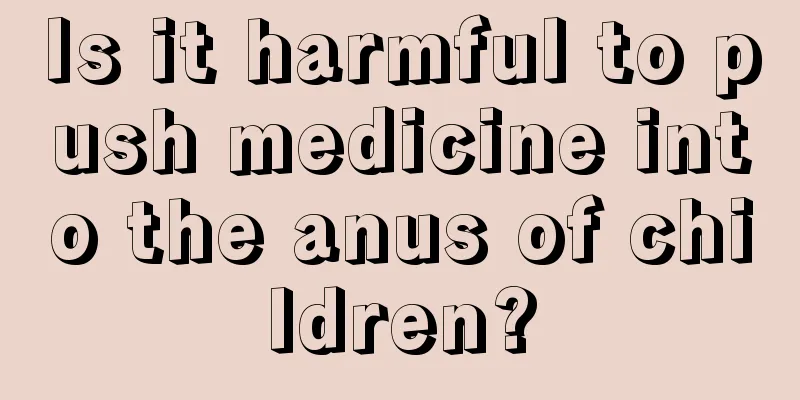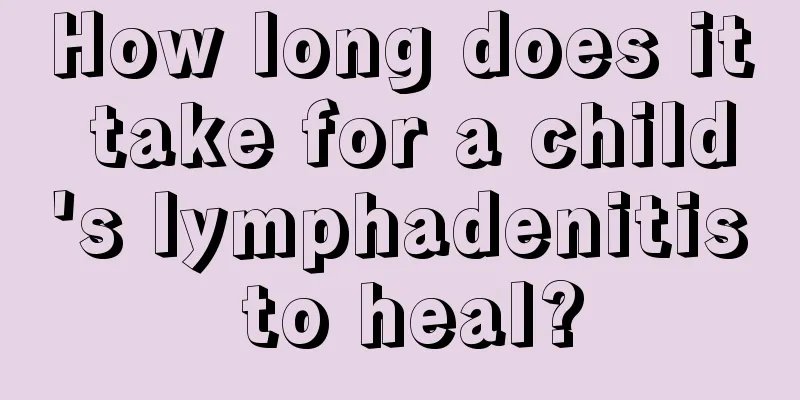Clinical manifestations of mycoplasma infection in children
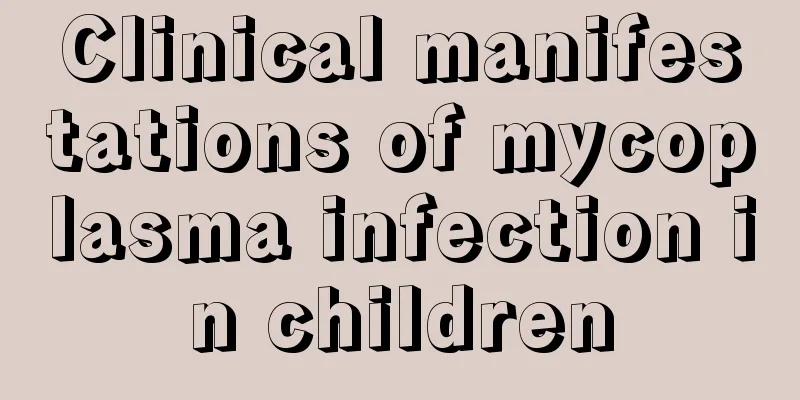
|
To understand the problem of mycoplasma infection in children, we must first understand what mycoplasma is. Mycoplasma is a prokaryotic cell-type microorganism without a cell wall and is the smallest microorganism that survives outside the cell. There are many types of mycoplasma, which can cause great harm to the human body and have a great impact on children's health. Mycoplasmas are resistant to many classes of antibiotics. The most common mycoplasma infection in children is Mycoplasma pneumoniae entering the baby's body. There are no symptoms in the early stage when Mycoplasma pneumoniae enters the baby's body. This stage is called the incubation period. The incubation period is generally about two to three weeks. Once the incubation period of Mycoplasma infection is over, children will show symptoms such as loss of appetite, fatigue, headache and fever, cough, chills, and general discomfort. In the early stages, children's coughs are mainly dry coughs without sputum. As the disease progresses, the cough becomes more and more severe, and sticky sputum begins to appear. The cough is more severe at night, which is very similar to the symptoms of whooping cough. Other children do not have symptoms of coughing, but instead have high fever and chills. Mycoplasma pneumoniae infection in children can also damage other organs, possibly leading to liver damage, myocarditis, and nephritis. Children infected with Mycoplasma pneumoniae must drink plenty of water, eat more fruits, eat more easily digestible and nutritious foods, rest more, try to reduce strenuous exercises such as running and jumping, keep the indoor air fresh, and use physical cooling methods as much as possible when they have a high fever. You can wipe the body with alcohol or use ice packs to cool down. If the body temperature exceeds 38 degrees Celsius, you can take some antipyretics to assist in cooling down. Active treatment of mycoplasma infection in children is only one aspect. What is more important is that parents should pay more attention to strengthening their children's exercise and exercising more. This will enhance their resistance and have a good preventive effect on mycoplasma infection. Some children with strong resistance do not have any symptoms even if they are infected with mycoplasma. At most they just have a mild cough and they will recover without treatment soon. |
>>: Six wrong breakfasts affect children's health
Recommend
What is the reason for increased texture on both lungs in children's chest X-rays?
Autumn and winter are the peak seasons for childr...
It turns out that baby ginger water bath has such effects
Ginger is a common food in the kitchen. Ginger ca...
The child's hands and feet are hot but the forehead is not hot
Children's body temperature fluctuates greatl...
Will children with acute rash have diarrhea?
Children's body resistance and immunity are r...
What to do if your two-year-old child vomits
Vomiting is a very bad phenomenon. Different degr...
What should children eat if they sweat easily?
Many friends, when examining themselves or their ...
What causes itchy belly after giving birth?
Many female friends need to regulate their bodies...
What is good to eat for baby's appetite?
One of the most troubling things for parents is t...
What to do if your baby's belly button is bulging
For children, their hair will still look bloated ...
Why is my eight-month-old baby retching?
We all know that taking care of a baby is a very ...
What to do if your child crosses his eyes
You may not understand the meaning of crossed eye...
Height and weight standard for two-month-old baby
The height and weight of a two-month-old baby are...
What causes dizziness in children?
There are many reasons that cause dizziness in ch...
What are the symptoms of food indigestion in children?
Because children's functions and organs are s...
What are some simple ways to tie a child's hair?
On Children's Day, many parents take their ch...
